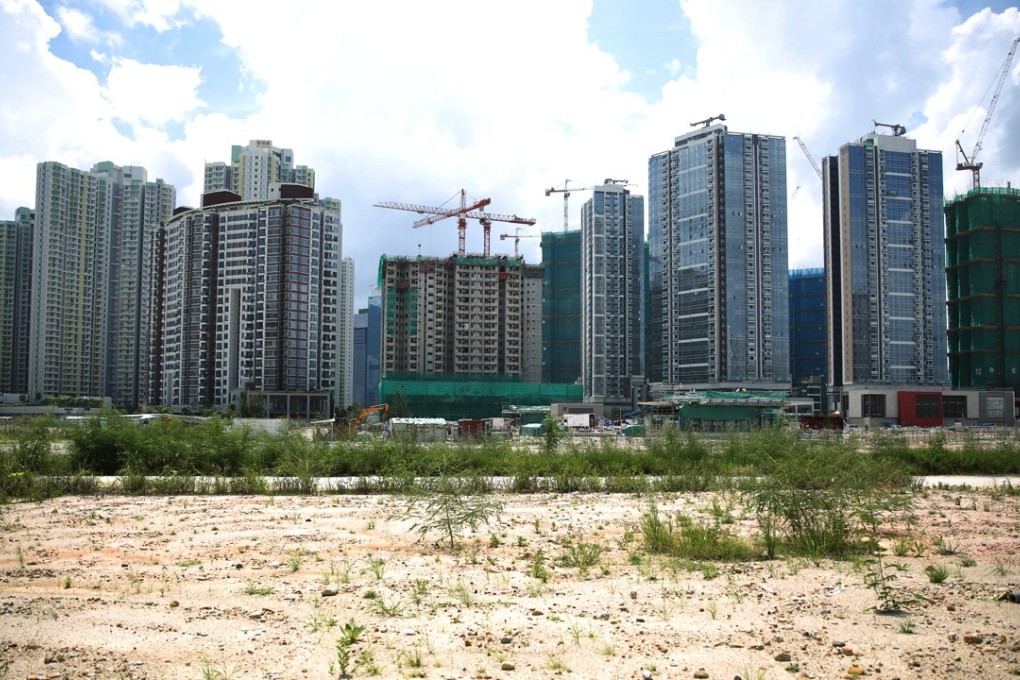Land supply task force signals new government approach to tackling Hong Kong’s housing problem
Committee of urban planners and representatives from social housing, environment, economics and politics – and no major property developers – suggests shift of focus

Space-starved Hong Kong is to get a new land search committee made up of experts from a host of professional backgrounds, which aims to get a public consensus on how to best tackle the city’s housing crunch.
The task force is made up of urban planning professionals and representatives from social housing, environment, economics and politics but has excluded big developers, pro-democracy politicians and activists – leading some critics to question whether the discussion would be too one-sided.
“The government already has details of various land sources, such as reclamation outside Victoria Harbour, redevelopment in old districts and developing the brownfield sites in the New Territories.
But better relaying public opinion to the government about these sites is the job for this task force.”